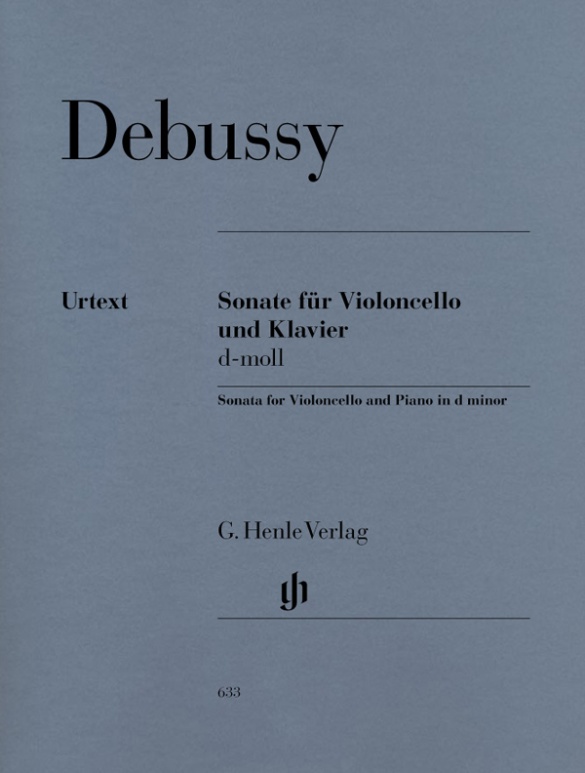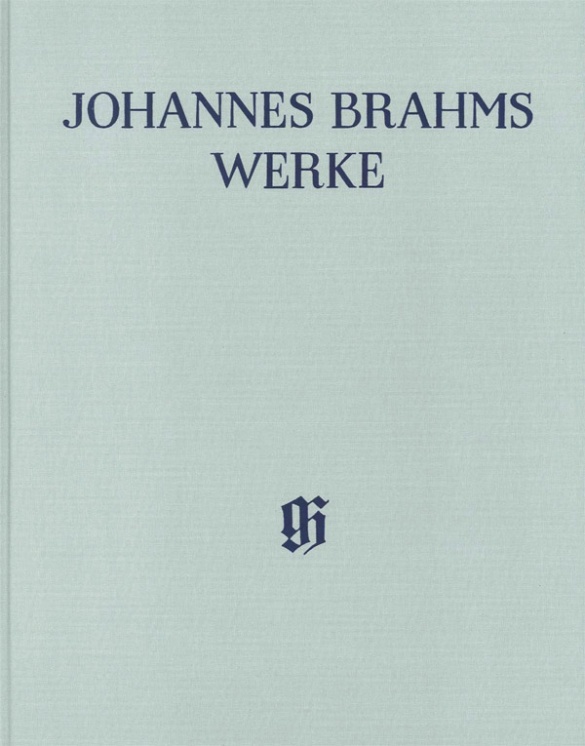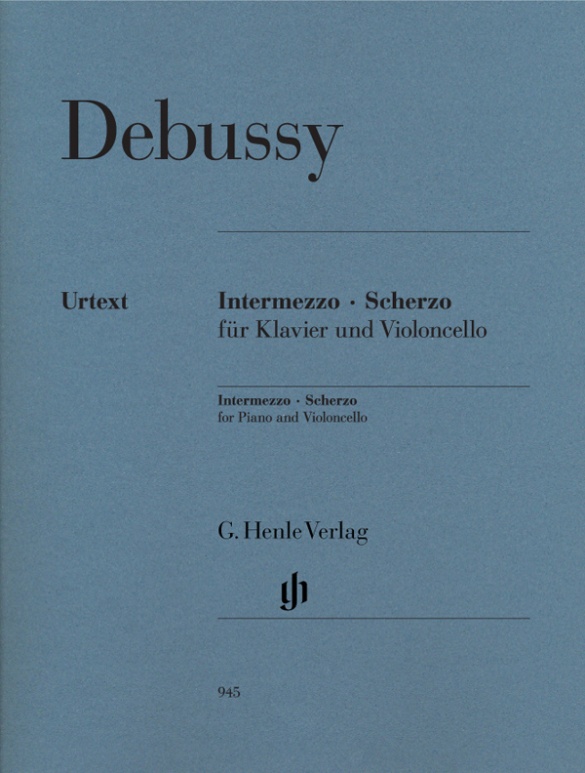

Claude Debussy
Intermezzo · Scherzo
All cellists are familiar with Debussy’s sonata, which he only composed in 1915, three years before his death. Debussy had, however, already written two works for violoncello and piano in 1882, when he was only 20 years old.
They largely remained hidden from the public eye because the autograph of the “Intermezzo” – the sole source for this work – was inaccessible for decades. Today, Henle Publishers are in the fortunate position of being able to present an Urtext edition of the “Intermezzo”, also including the “Scherzo” that was posthumously published in 1995. The fingerings and bowings were provided by Jeffrey Solow (violoncello) and Eckart Sellheim (piano).
Content/Details
About the Composer
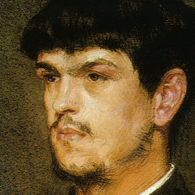
Claude Debussy
Most important French composer around 1900, whose music, primarily characterized by its sound, exhibits profound innovations. His oeuvre bears a close relationship to Symbolism.
| 1862 | Born in Saint-Germain-en-Laye on August 22. |
| 1872–84 | Studies at the Conservatoire de Paris. During this time, he travels with the family of Nadezhda von Meck to Switzerland, Italy, Vienna, and Russia, where he becomes acquainted with Russian and Gypsy music. |
| 1884 | Wins the Prix de Rome with his cantata “L’Enfant prodigue.” Thereafter resides in Rome until 1887. |
| 1887–89 | Songs, “Cinq Poèmes de Baudelaire.” |
| 1888/89 | Visit to the Bayreuth Festival; criticism of Wagner. |
| 1889 | Exposition universelle (World Exposition) in Paris, where he learns about East Asian music, which influences his style. |
| 1890 | Connection to Mallarmé and his circle. |
| 1891/1903 | Series of songs, “Fêtes galantes,” after Verlaine. |
| 1891–94 | Orchestral work “Prélude à l’après-midi d’un faune” (“Prelude to the Afternoon of a Faun”) with arabesque-like melodies. |
| 1897–99 | Nocturnes for orchestra and women’s voices. |
| 1901 | Beginning of his activity as a music critic. |
| 1902 | Performance of the opera “Pelléas et Mélisande” after the Symbolist drama by Maeterlinck, which despite criticism spells his breakthrough. |
| 1903–05 | Orchestral work “La Mer” uses symphonic principles and “Impressionist” tonal language. |
| 1905–07 | Books one and two of “Images” for piano. |
| 1906–08 | “Children’s Corner,” children’s pieces for piano. |
| 1909–10/11–1913 | Books one and two of the “Préludes” for piano; the programmatic titles of these character pieces, some of which are quite esoteric, are listed at the end of each one. |
| 1913 | Songs “Trois poèmes de Stéphane Mallarmé.” |
| 1915–17 | Chamber music sonatas, drawing from the French tradition of the eighteenth century. |
| 1918 | Death in Paris on March 25. |
About the Authors
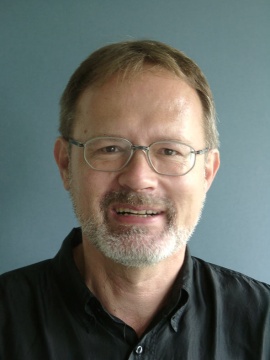
Ernst-Günter Heinemann (Editor)
Dr. Ernst-Günter Heinemann, born in 1945 in Bad Marienberg (Westerwald), completed his schooling in Gießen and read musicology, philosophy and German in Marburg and Frankfurt/Main and also for some time Protestant church music. He did his doctorate on “Franz Liszts geistliche Musik. Zum Konflikt von Kunst und Engagement”.
From 1978–2010 Heinemann worked as an editor at G. Henle Publishers (in 1978 in Duisburg, from 1979 onwards in Munich). He edited a great many Urtext editions for the publishing house, including “Das Wohltemperierte Klavier”, Volume 1 by Bach and all of Debussy’s piano works. In addition, he wrote essays on Debussy, Grieg, Liszt, Mendelssohn and questions concerning general editing, as well as giving seminars on editorial practice for musicology students in Munich.
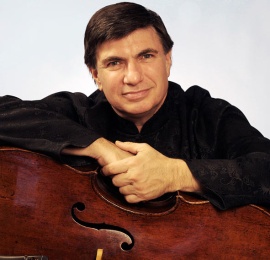
Jeffrey Solow (Fingering and bowing for Violoncello)
Prof. Jeffrey Solow was born in Los Angeles; he earned a degree in Philosophy “magna cum laude” from UCLA while studying violoncello with and then assisting the legendary Gregor Piatigorsky.
Solow has toured throughout North America, Europe, Latin America and Asia as a recitalist, soloist, chamber musician and teacher. Solow performed more than 40 works with orchestras throughout the United States, in Europe and in Asia and he has been guest artist at many national and international chamber music festivals. Among his many recordings two have received Grammy Award nominations. “Strad”, “Strings”, and “American String Teacher” magazines have published his articles and reviews, he is president of Violoncello Society, Inc. of New York and is a past president of the American String Teachers Association. Jeffrey Solow is professor of cello at Temple University in Philadelphia.
© Photo: Patrick Snook
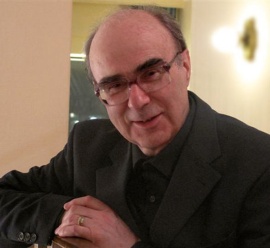
Eckart Sellheim (Fingering Piano)
Prof. Eckart Sellheim received his education in Germany and Switzerland, including with Adolf Drescher and Jakob Gimpel. After teaching for many years in Cologne and Ann Arbor, Michigan (USA) from 1989 to 2008 he was Professor and “Director of Collaborative Piano” at Arizona State University in Tempe (USA) as well as a lecturer/teacher of fortepiano at the music conservatory in Trossingen until summer 2006. He has given numerous master-classes in piano, chamber music, lied accompaniment, fortepiano and historical performance practice in Europe and the USA, and is a jury member at international music competitions. He has toured around Europe, America, Latin America, the Caribbean, the Middle East and Africa.
Sellheim’s recordings can regularly be heard on the radio in Germany and America; his discography encompasses more than 30 recordings as a soloist, lied accompanist and chamber musician, many of which were for CBS Sony with his brother and long-term duo partner, the cellist Friedrich-Jürgen Sellheim.
© Photo: Charly Leske
Product Safety Informations (GPSR)

G. Henle Verlag
Here you can find the information about the manufacturer of the product.G. Henle Verlag e.K.
Forstenrieder Allee 122
81476 München
Germany
info@henle.de
www.henle.com
Meticulously edited by Jeffrey Solow, cellists will be delighted to discover these unfamiliar works.
Stringendo, 2011recommendations
autogenerated_cross_selling
Further editions of this title


